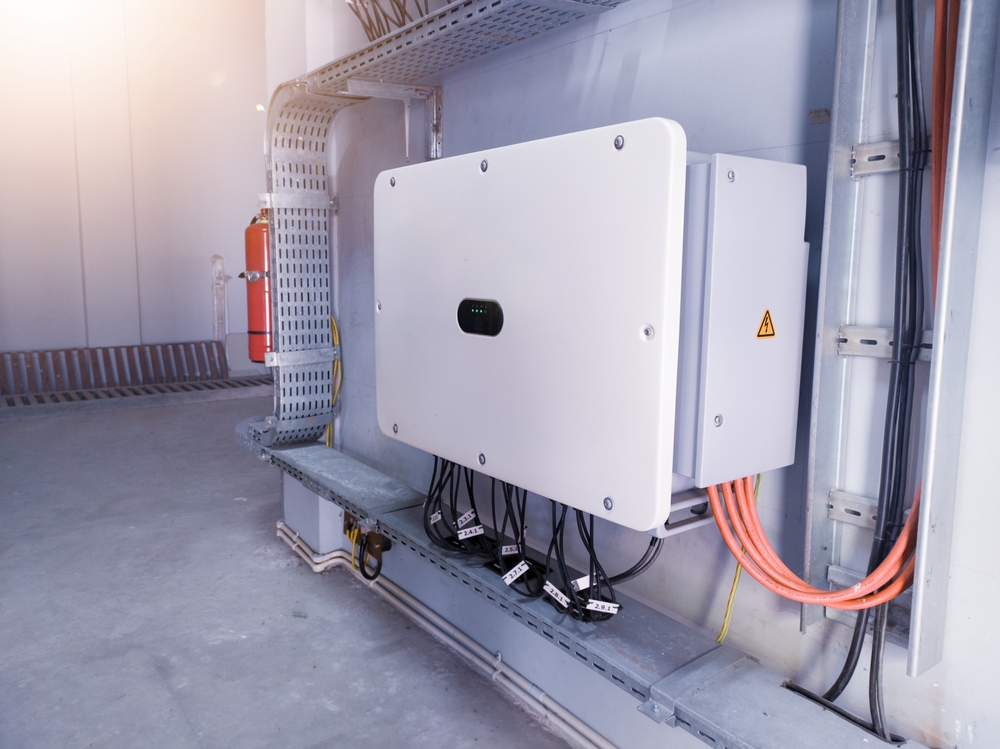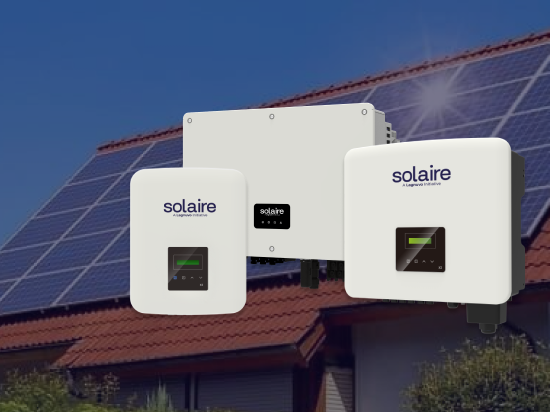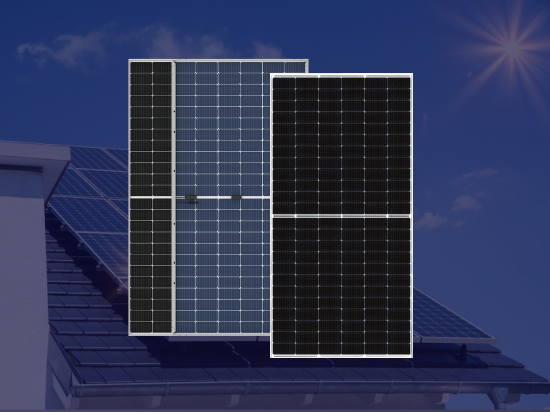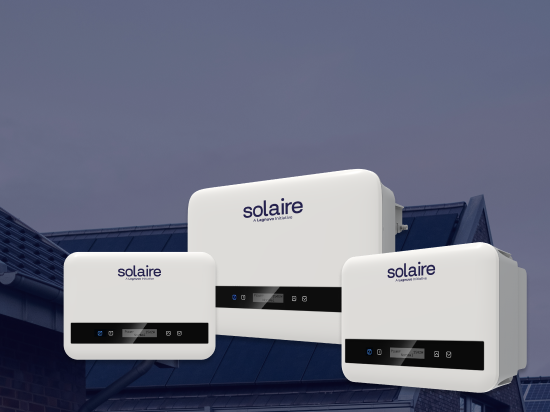Solar Inverter Sizing: Choose the Right Size Inverter
Imagine that you switched to a solar energy system and installed a Solar Power Inverter in Kerala, but are still facing power-related issues like your panels not generating enough power.
What can be the real issue? A mismatched inverter sizing! A poorly sized inverter can significantly impact your system's performance and efficiency. Finding the right size for on-grid inverters in India can be a challenging task.
Significance Of Solar Inverter
On-grid inverters in India are gaining great acceptance. Many states are promoting solar power with different initiatives.
We need alternating current (AC) in our homes and industries. The solar panels can get direct current (DC) from the solar energy. The purpose of an inverter is to convert this DC into AC.
The performance of the solar inverters greatly influences the overall efficiency of a solar panel system. We have the Best Solar Inverters In Kerala. This type of inverter enables the sale of surplus solar energy back to the power grid.
Most Kerala homes are equipped with single-phase power grids. Single-phase inverters are perfect for these setups, handling the standard 220V AC power.
Larger commercial or industrial establishments may require a 3-phase power supply. 3 Phase Solar Inverter in Kerala comes into play here, handling higher voltages (typically 415V) and enabling the efficient use of larger solar panel systems.
What to consider when choosing the right size inverter
How can you ensure that your inverter isn't putting too much power to waste or letting it flow unchecked? Here are the key factors to consider when choosing the right size inverter for your Kerala home:
Solar Panel System Size (DC Wattage): This is the total power output of all your connected solar panels. Your inverter must be capable of efficiently managing this peak DC input.
Derating Factors: Kerala's climatic conditions can impact solar panel performance. Factors like temperature, dust, and shading all contribute to "derating," a decrease in power output. When sizing your inverter, factor in a derating margin (typically 10-15%) to account for these real-world conditions.
Inverter Clipping: This occurs when the inverter reaches its maximum capacity and "clips" off excess DC power from your solar panels. This wasted energy leads to a reduction in solar production. Choosing an inverter slightly larger than your solar system's DC capacity helps mitigate clipping.
Expanding Your System: Are you considering adding more panels in the future? Choose an inverter capable of managing the higher power output.
Local Utility Interconnection Requirements: Utility companies in Kerala may have specific regulations regarding inverter size and grid interconnection. Consult your local utility for any specific requirements.
Benefits of Using the Right-Sized Inverter
Choosing the right-sized inverter for your best solar system in Kerala offers a multitude of advantages:
Maximised Energy Production: A properly sized inverter ensures your system captures the most solar energy possible, translating to lower electricity bills and a quicker return on investment.
Reduced Inverter Clipping: By avoiding clipping, you prevent the loss of valuable solar power, maximizing your system's efficiency.
Increased System Lifespan: Oversized inverters can stress and shorten the lifespan of your inverter. A properly sized unit runs more efficiently and has a longer lifespan.
Compliance with Regulations: Choosing an inverter that meets local utility requirements ensures smooth grid interconnection and avoids any compliance issues.
Calculating Solar Inverter Size
Accurately sizing your solar inverter is essential to achieve optimal performance and efficiency. Here are the primary methods to calculate inverter size:
1. Ratio Method:
Simple and Effective: This method involves multiplying your solar panel system's DC wattage by a specific ratio, typically between 1.1 and 1.25.
Calculation: Inverter Size (Watts) = Solar Panel System Size (Watts) * Ratio
Example: If your solar panel system is 5kW DC, using a ratio of 1.2, the recommended inverter size would be 6kW AC.
2. Peak Sun Hours Method:
Custom Approach: This method considers the average peak sun hours in your specific location.
Steps:
Determine Peak Sun Hours: Research the average peak sun hours for your region.
Calculate Energy Production: Multiply the solar panel system's DC wattage by the peak sun hours to estimate daily energy production.
Inverter Sizing: Consider future expansion plans to choose an inverter capable of handling this energy output.
3. Software Tools:
Advanced Analysis: Specialized software tools offer precise calculations by incorporating various factors like solar panel efficiency, temperature coefficients, shading, and local weather patterns.
Benefits: Accurate sizing recommendations, system performance simulations, and cost-benefit analysis.
Note:
Always consider future expansion plans when sizing your inverter.
For the best inverter selection and system design, consult with a solar professional.
Local regulations and utility requirements may influence inverter size and installation.
Remember, this is not an exhaustive list, and the best inverter for you depends on your specific needs and budget. Consult with a qualified solar installer in Kerala who can assess your system requirements and recommend the most suitable inverter option.
Power Up Your Future with the Right Choice!
Choosing the right size inverter is an important step in optimizing your solar power system in Kerala. By considering the factors discussed above, you can get the inverter of the size you need.



